Secure your future job with a business development resume that speaks volumes about your skills and experience!
Ultimately, it all comes down to presenting your potential just as you'd sell the business itself to prospects, suppliers, and customers. And to help you with that, we've prepared a detailed guide that brings you valuable writing tips, customizable templates, plenty of examples, and real-life resume samples.
Keep reading our guide to learn how to:
- Write a strong professional summary for your business development resume
- Make your business development resume shine with a great work experience section
- Maximize your business development resume with a strong education section
- Include the best skills in your business development resume
- Access resources for job-seeking business developers
1. Write a strong professional summary for your business development resume
Business development roles often attract a diverse range of applicants with a vast selection of skills and experience. We've already established that these jobs are highly desirable, and applicants understand by now that the role description doesn't have to fit like a glove to make an application worthwhile.
In most cases, that means that recruiters have plenty of information to sift through, and it's never been more vital to get straight to the point. Resumes for all sorts of roles start with an executive summary, but it's worth diving straight into specifics in this case.
As always, if you've been in business development for more than two years, add a summary of your experience. If you haven't yet been involved for that long, go with a resume objective.
Either way, take a couple of paragraphs to shout about your experience, achievements, and what you consider the most crucial skills you'll bring to the role.
Also, remember that business development is all about ideas and seeing them through. So try to incorporate at least one example of coming up with a way to improve a business and then executing it.
A good business development resume summary example
Experienced Business Development Professional with a proven track record of driving revenue growth and forging strategic partnerships. Adept at identifying new business opportunities, developing innovative strategies, and cultivating strong client relationships. Demonstrated ability to analyze market trends, assess competitive landscapes, and implement effective sales and marketing initiatives. Supported and assisted the team's architect and product owner with designing a legal framework which was to be implemented in applications built using SAP Social Intelligence framework.
2. Make your business development resume shine with a great work experience section
In the realm of business development, the work experience section of your resume is an invaluable asset that can make a significant impact on potential employers.
It serves as a window into your professional journey, showcasing your accomplishments, skills, and contributions in driving business growth.
With each role you've held, you've gained valuable insights, developed key relationships, and made tangible impacts on organizational success.
Here's an example of a strong work experience section
Business Development Manager, XYZ Company
- Developed and implemented a comprehensive market expansion strategy that resulted in a 30% increase in new client acquisitions within six months.
- Led successful negotiations for strategic partnerships with key industry players, resulting in a 40% increase in revenue and market penetration.
- Mentored and managed a high-performing team, fostering a collaborative and results-driven culture that consistently exceeded sales targets.
- Implemented a customer relationship management (CRM) system to streamline sales processes, resulting in a 20% improvement in efficiency and data accuracy.
- Conducted market research and competitive analysis to identify emerging trends and capitalize on new market opportunities, leading to a 25% increase in market share.
3. Maximize your business development resume with a strong education section
The education section of your business development resume holds significant importance as it highlights your academic foundation and demonstrates your commitment to continuous learning and personal development.
While experience and skills are crucial in the field of business development, a solid educational background can provide a strong foundation for success.
Here's an example of how to effectively list your education
Bachelor of Business Administration (BBA) in Marketing, Anytown University
- Developed a comprehensive understanding of marketing principles, consumer behavior, and strategic planning, providing a solid foundation for business development strategies.
- Gained practical knowledge through coursework in sales management, market research, and business analytics, enabling data-driven decision-making in business development initiatives.
- Participated in case studies and group projects, enhancing critical thinking, problem-solving, and collaboration skills that are essential for effective business development.
By including your educational achievements in the business development field, you demonstrate your commitment to acquiring relevant knowledge and skills.
It establishes your academic credentials and shows employers that you have a strong theoretical understanding of business principles and strategies.
Additionally, it provides a platform for highlighting any specialized coursework, research projects, or academic honors that further support your qualifications in the field of business development.
4. Include the best skills in your business development resume
If you've got your eyes on a career in business development, or you're already in the middle of one, then the chances are you've got a diverse skillset. You're the total package in terms of identifying problems, planning a resolution, and seeing it through to completion. You'll also often work broadly across multiple departments with your employer, so your skills list should reflect your flexibility and communication skills.
However, it's critical not to go overboard. You have plenty of skills, but you're still dealing with that all-important limited space. Use the job description as a guide, then hone in on the most relevant skills and the ones that ensure you come across as adaptable. You'll include a mix of both hard and soft skills to check all those boxes for most roles.
The best hard skills for your business development resume
- Market research and analysis
- Sales and negotiation
- Business strategy development
- Lead generation and prospecting
- CRM software proficiency
- Financial analysis and forecasting
- Data analysis and interpretation
- Competitive analysis
- Presentation and public speaking
- Project management
Effective soft skills to put on your business development resume
- Relationship building and networking
- Communication and interpersonal skills
- Problem-solving and critical thinking
- Adaptability and flexibility
- Leadership and team management
- Strategic thinking
- Client relationship management
- Time management and organizational skills
- Resilience and perseverance
- Creative thinking and innovation
Remember, the role in the job description might be what you're being brought into the company to do today.
However, many recruiters for business development roles have an eye on the future, and they want a rounded individual who might help the business in ways they haven't even thought of yet!
5. Top resources for job-seeking business developers
Now that you know how to put together a job-winning business development resume, let's move on to the heart of the matter — the actual job hunt. So, roll up your sleeves and get started with our recommended resources:
- Job boards for business developers: You can find job postings that cater specifically to your profession on websites like AngelList, Business Development Crossing, or NBDA’s Job Board.
- General job search platforms: Next, move on to pages like LinkedIn, Monster, Indeed, Glassdoor, or SimplyHired that aggregate job postings from all industries.
- Consulting firms: Don't hesitate to check out career centers of consulting firms, such as Deloitte, Accenture, McKinsey & Company, and Bain & Company or contact them directly with your standout resume.
- Professional associations: Get access to networking opportunities, job postings, further training and latest news with organizations like Capital Business Development Association (CBDA), The Global Business Development Association (GBDA), or the International Association for Business Development and Strategic Partnerships.
- Specialized publications: Stand out from competition by keeping in touch with the latest business news trends, innovations, and strategies. For example, by following media such as “Strategy+Business,” “TechCrunch,” “Forbes,” or “Fast Company.”
- Courses & certifications: Expand your skill set by enrolling in courses, such as those provided by online learning platforms. For example, by Coursera, LinkedIn Learning, Udemy, or edX.
The process of job searching may sometimes feel like an uphill battle, but with patience, resilience, and a stellar business development resume that impresses even the most demanding of recruiters, you'll land your dream job soon enough. Good luck!
Business Development Resume FAQ
How to use keywords effectively in my business development resume?
Keywords should be scattered naturally throughout the whole content. But which keywords to use? Take a look at your job posting.They'll likely be the specific skills, qualifications, or other requirements mentioned in the job description. So if they want someone with "exceptional negotiation skills", ensure that phrase finds a comfy spot on your resume. And also keep the same spelling to ensure maximum compliance with the ATS.
What common mistakes should I avoid in my business development resume?
By far the worst mistake you can make is NOT customizing your resume to fit with the requirements outlined in your job posting. Other common errors include typos, grammatical mistakes, and misspellings. All of these suggest a lack of attention to detail. Also, stay away from irrelevant information and filler phrases. Stick to the highlights that are relevant to business development.
How should I showcase my skills on a business development resume?
Always focus on skills related to business development, like strategic planning or client relationship management. Then pair each skill with a powerful example. Show how your strategic thinking increased efficiency, or your client management brought new business on board. And don't shy away from action verbs and quantifying your achievements. Saying "Increased client retention by 20% through strategic relationship management" showcases your impact more vividly.
What's the most important part of a business development resume?
This is a tricky question because they're all important, just in different ways. However, if we must pick one, the experience section takes the crown. This is where you reveal your past achievements, challenges overcome, and skills in action. But remember, no area should be neglected.
How do I focus my business development resume if I am aiming to change industries?
You need to focus on transferable skills and relevant achievements. Business development relies on skills like client relationship building, market research, and strategic planning—these are applicable across industries. Write a strong profile summary or objective statement to specifically address your desire for a career pivot. Spin your change as an asset, not an obstacle.

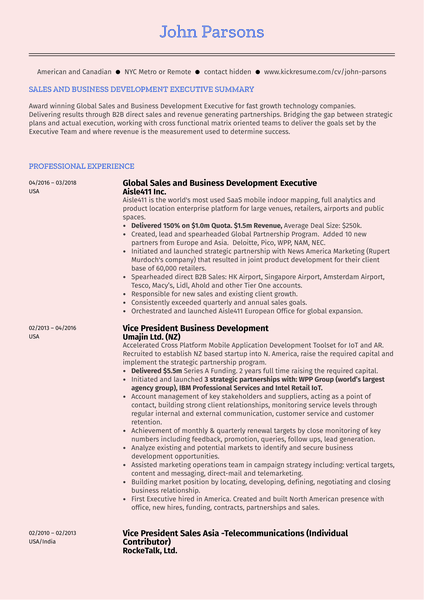
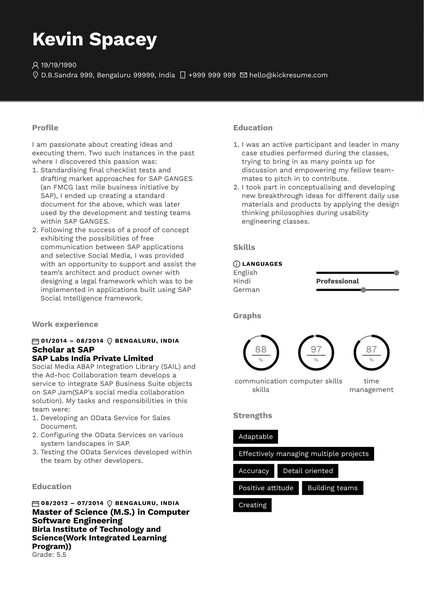

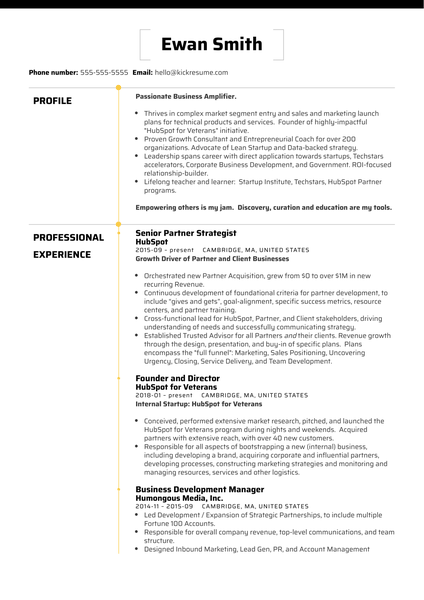

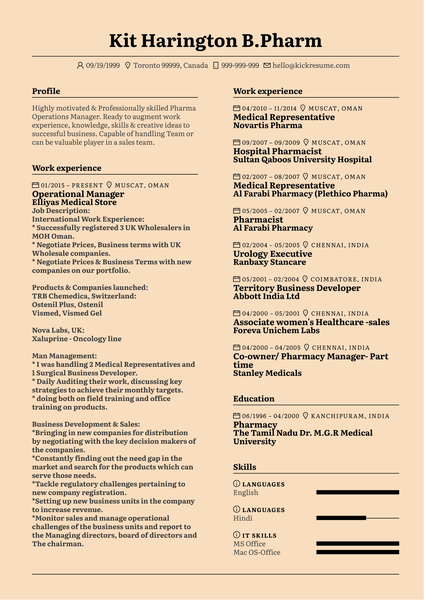

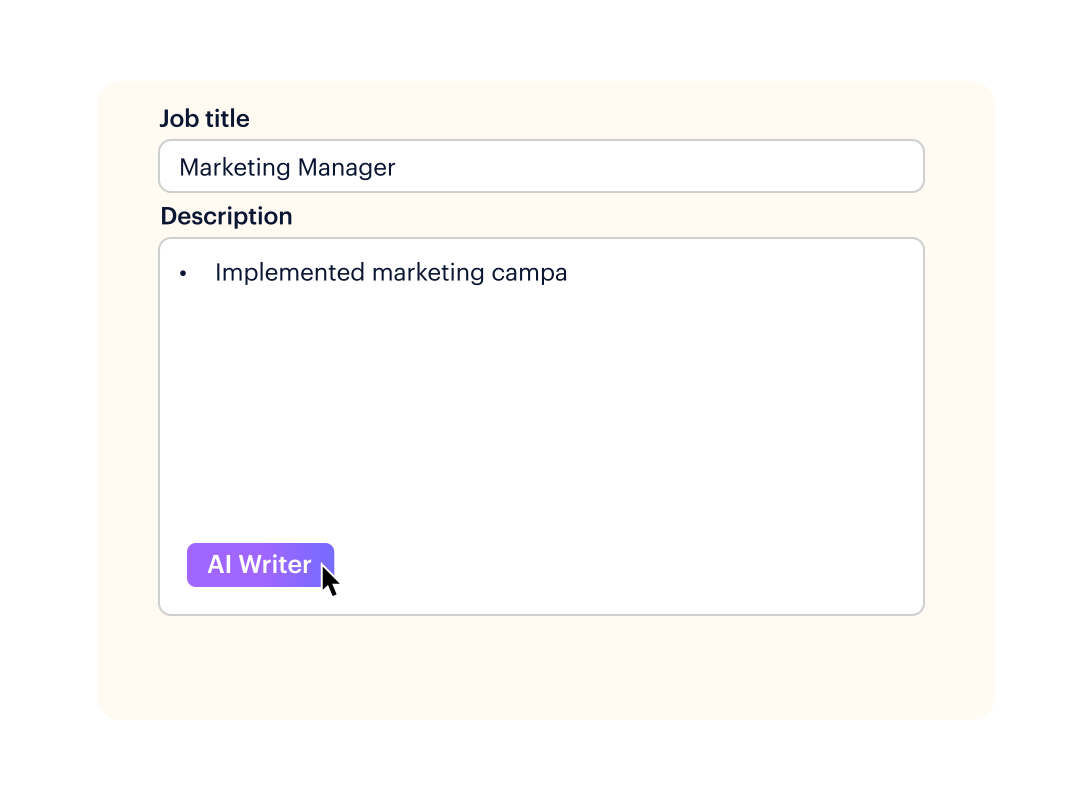


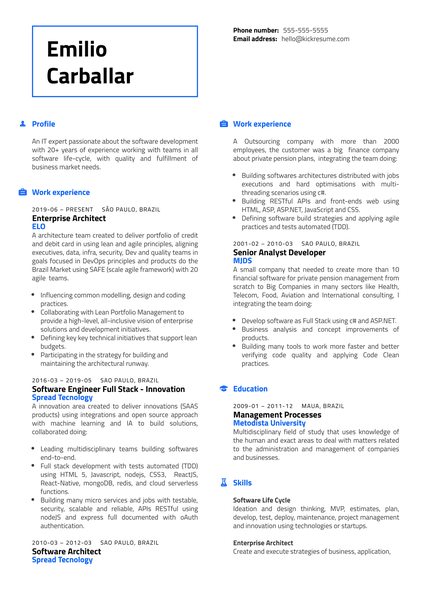

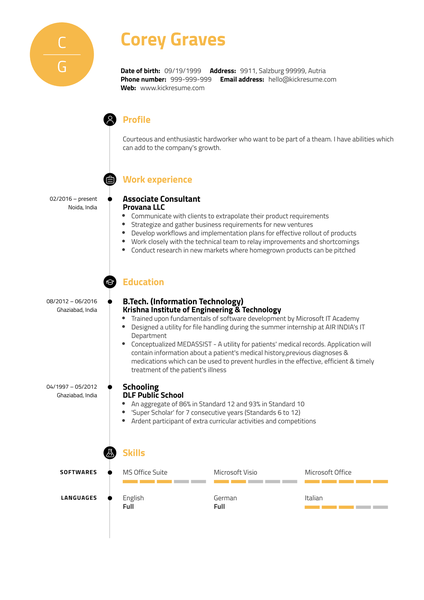

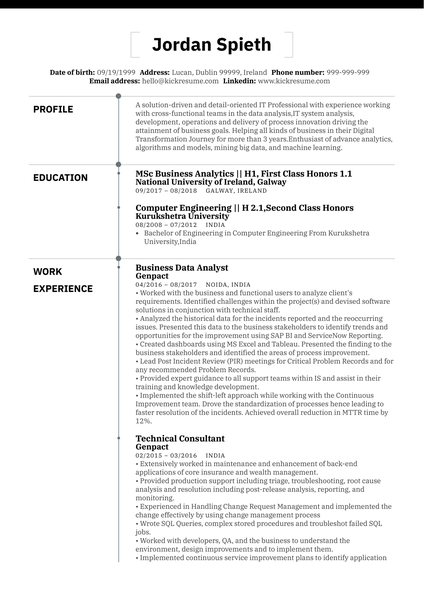
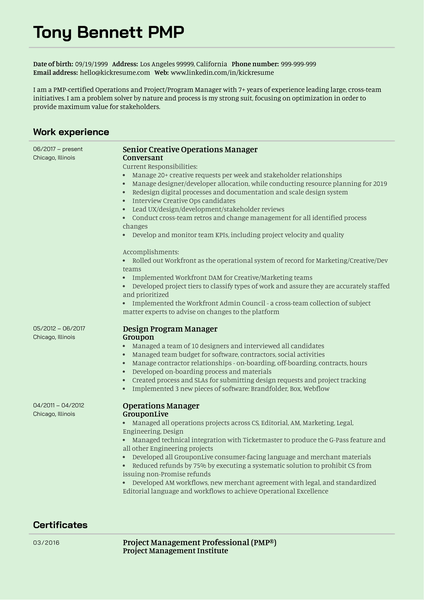
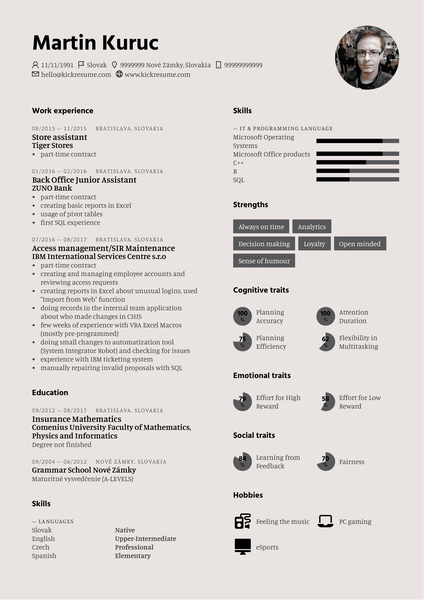

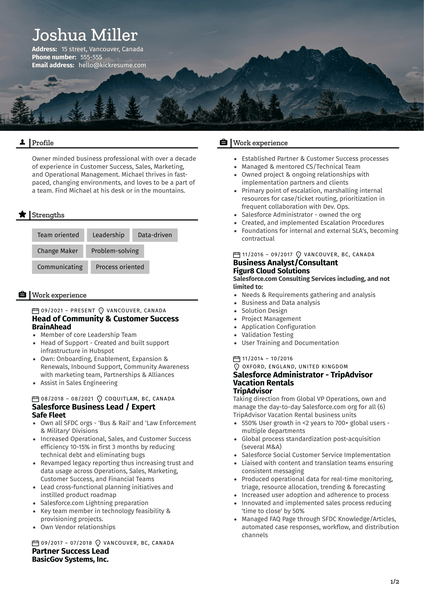
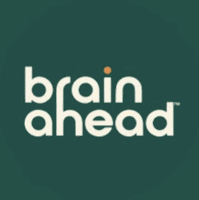
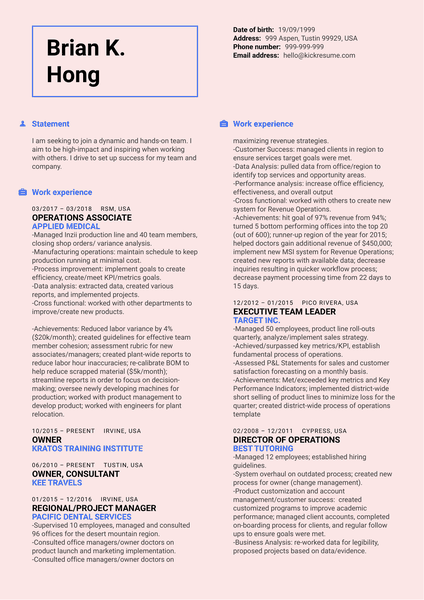
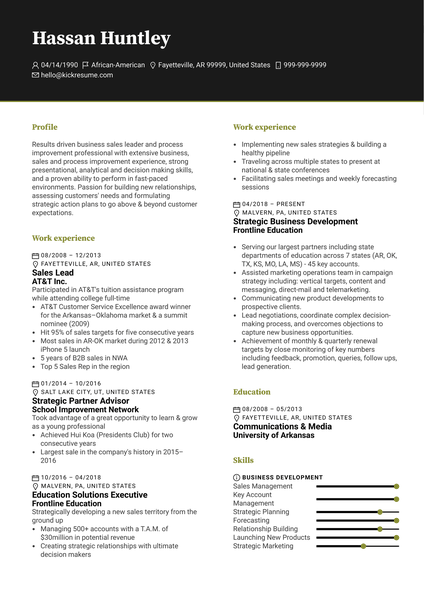
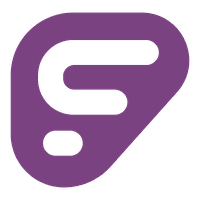
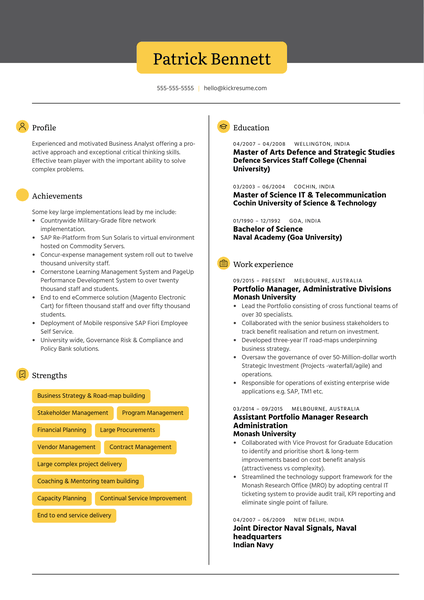



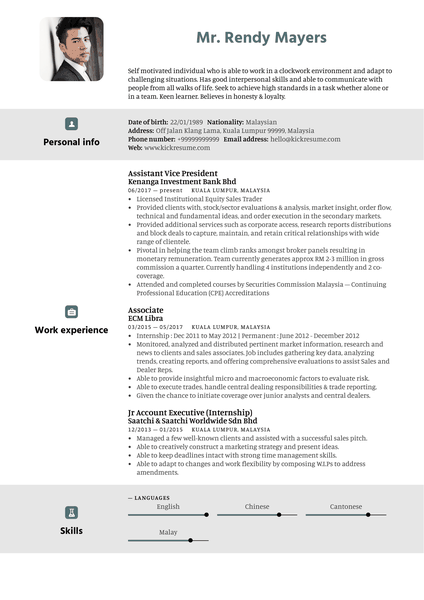
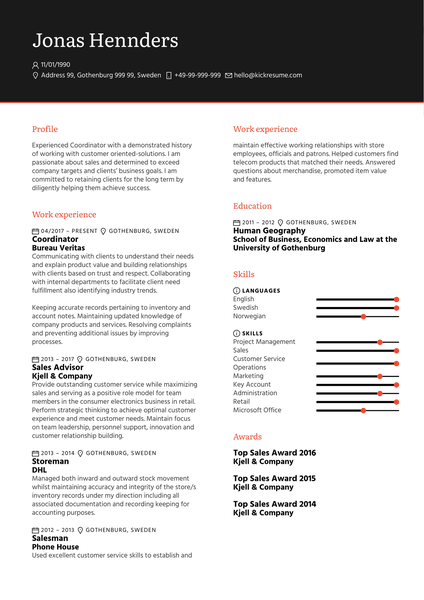
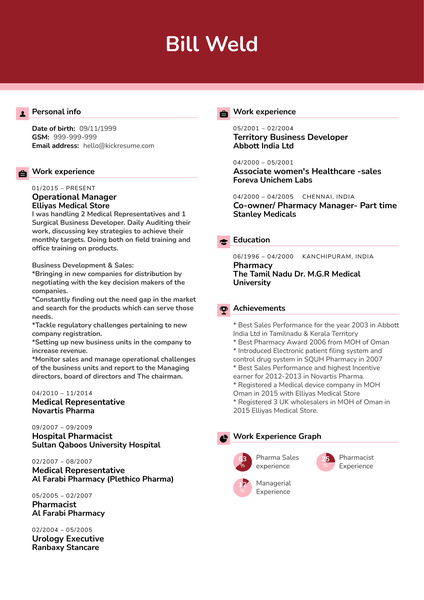
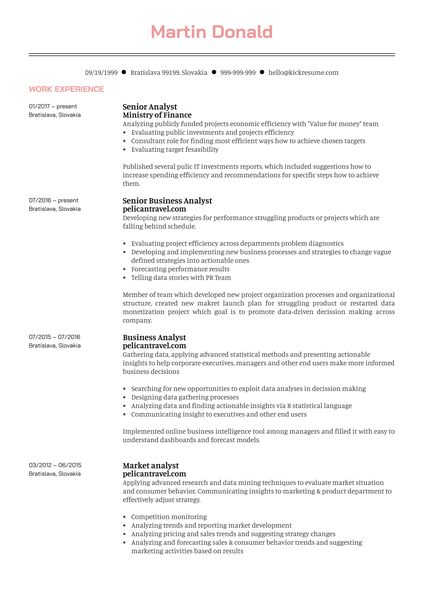
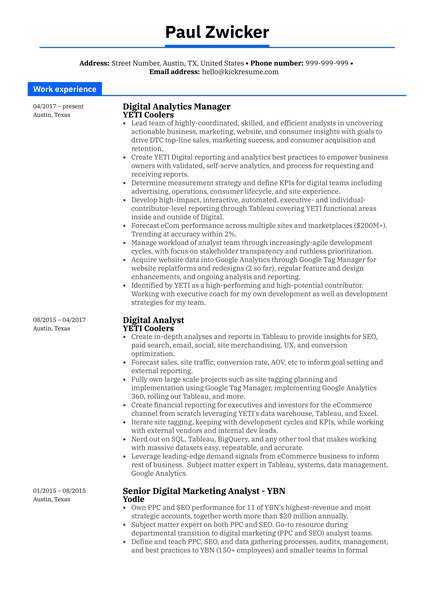


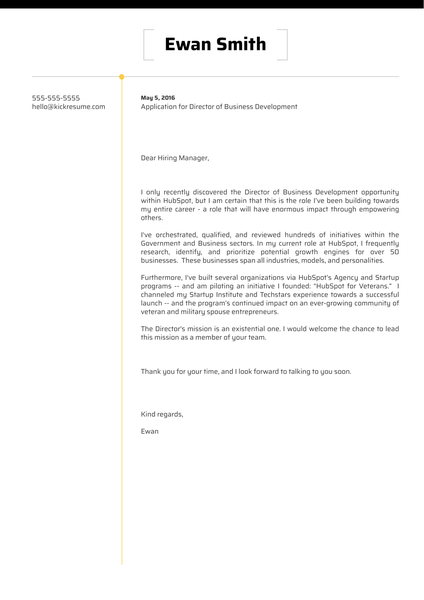
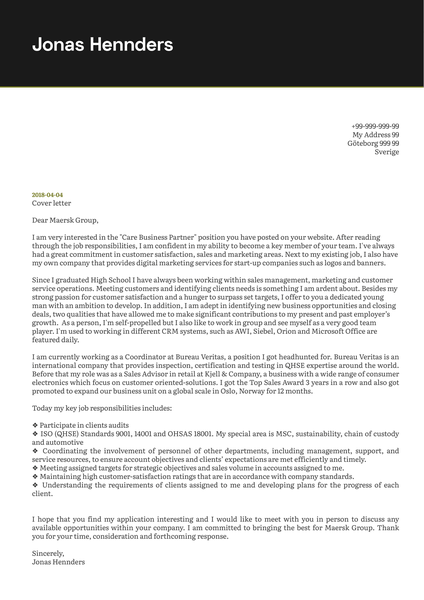
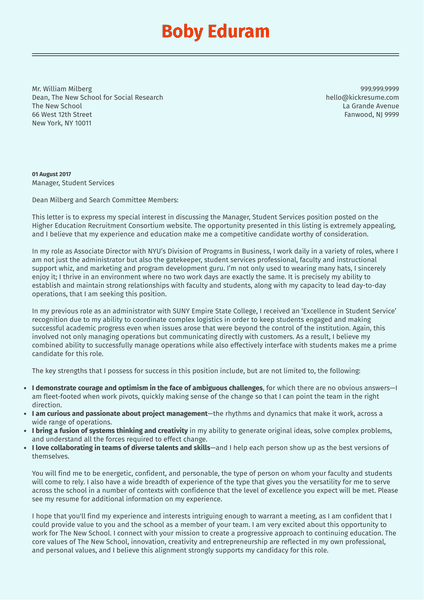
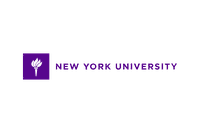
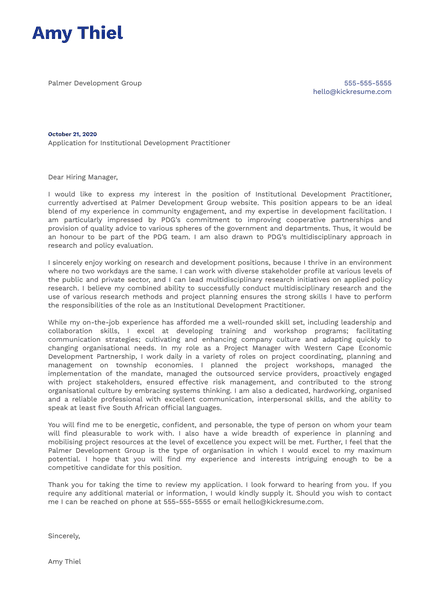

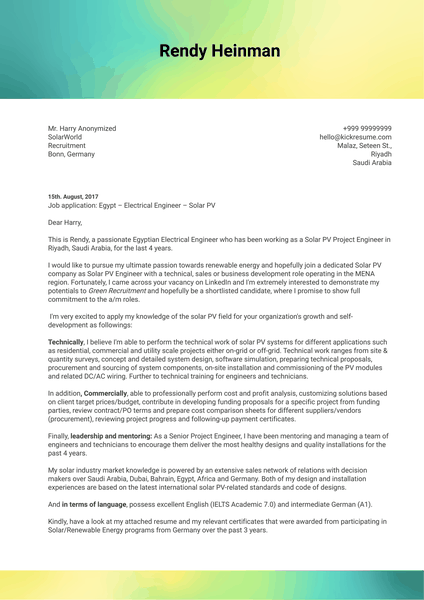

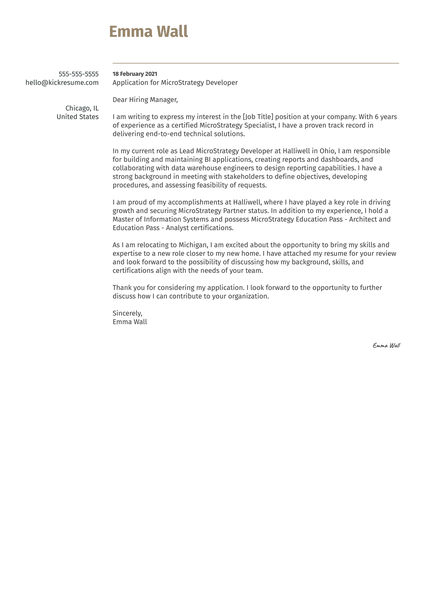
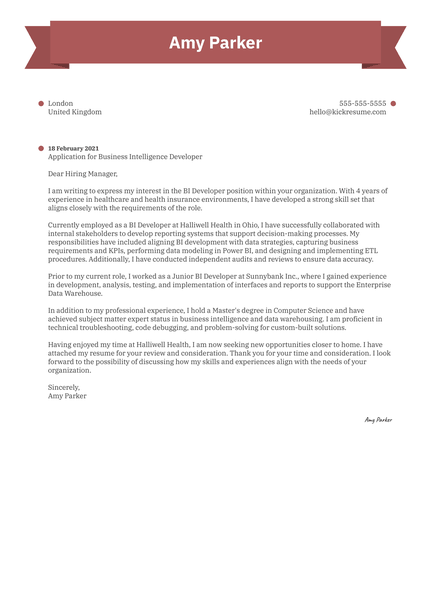
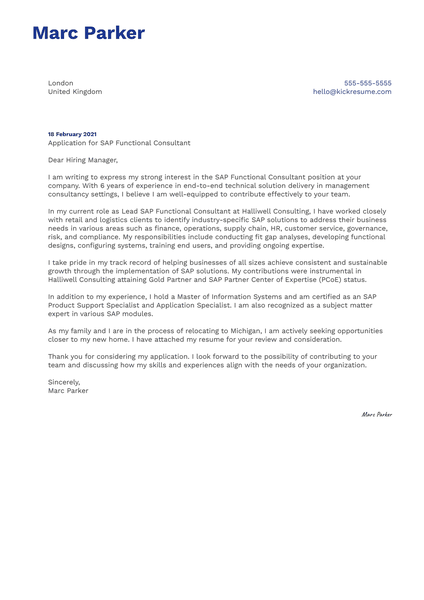
![How to Write a Professional Resume Summary? [+Examples]](https://d2xe0iugdha6pz.cloudfront.net/article-small-images/i-Profile.svg)
![How to Put Your Education on a Resume? [+Examples]](https://d2xe0iugdha6pz.cloudfront.net/article-small-images/i-Collage-Universities.svg)
![How to Describe Your Work Experience on a Resume? [+Examples]](https://d2xe0iugdha6pz.cloudfront.net/article-small-images/Experience.svg)


